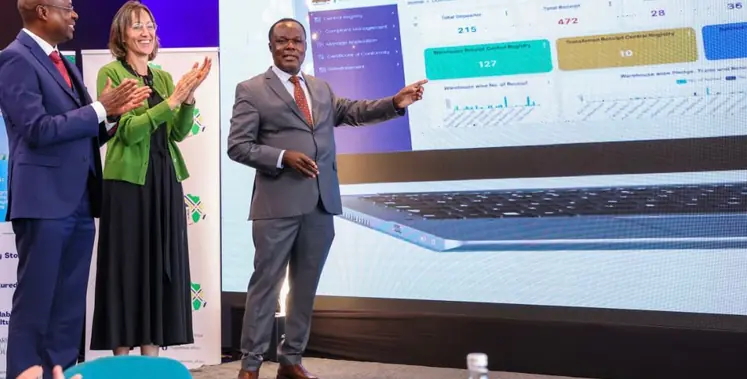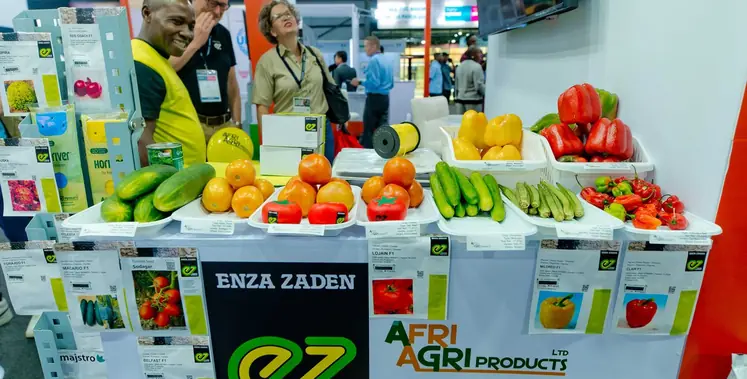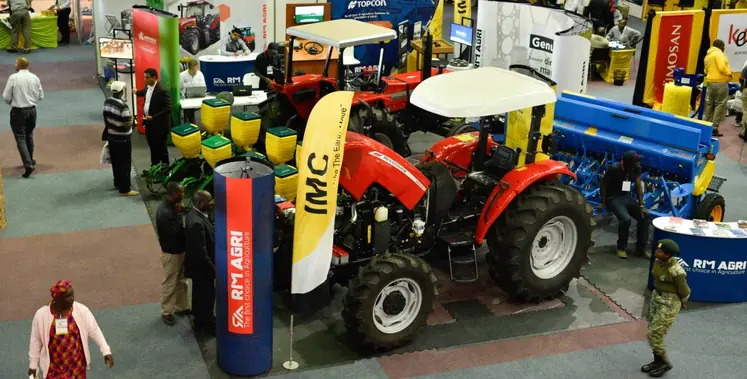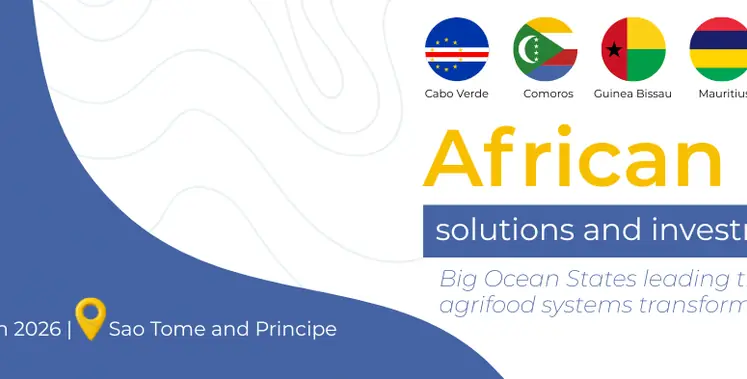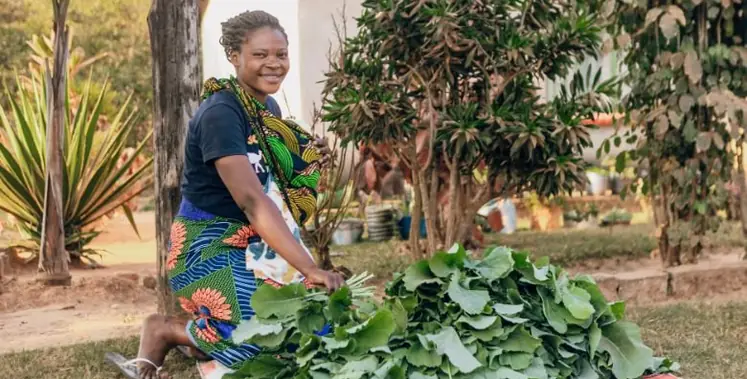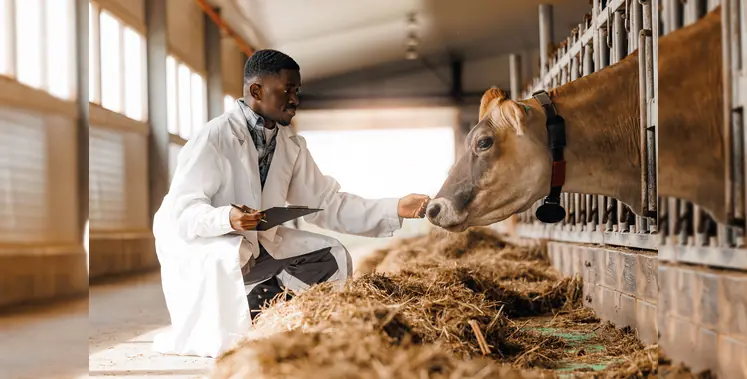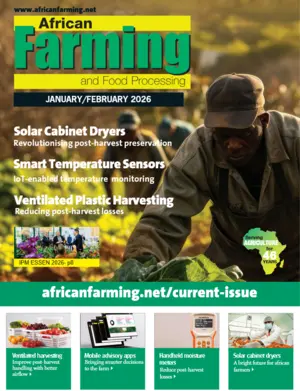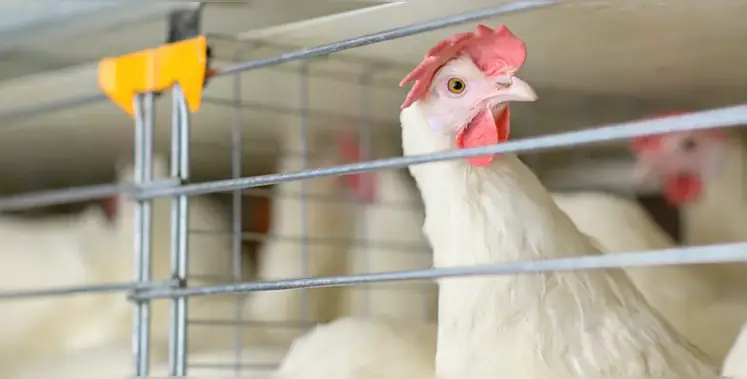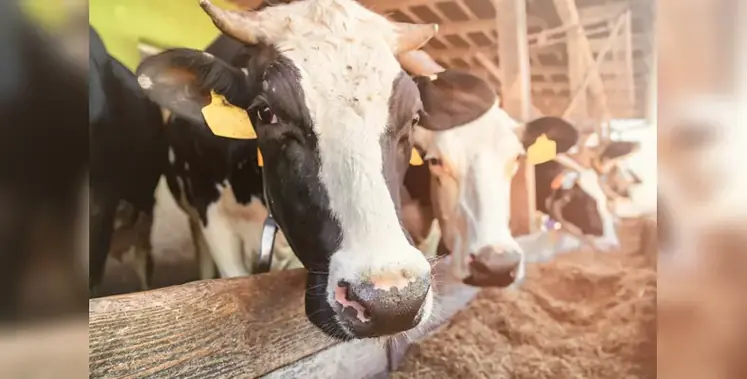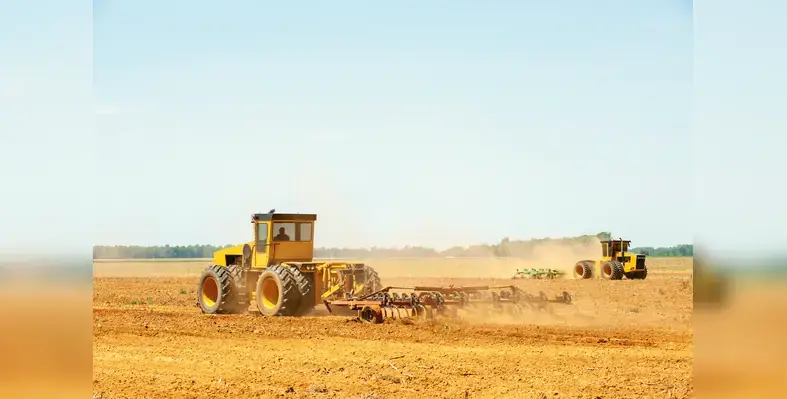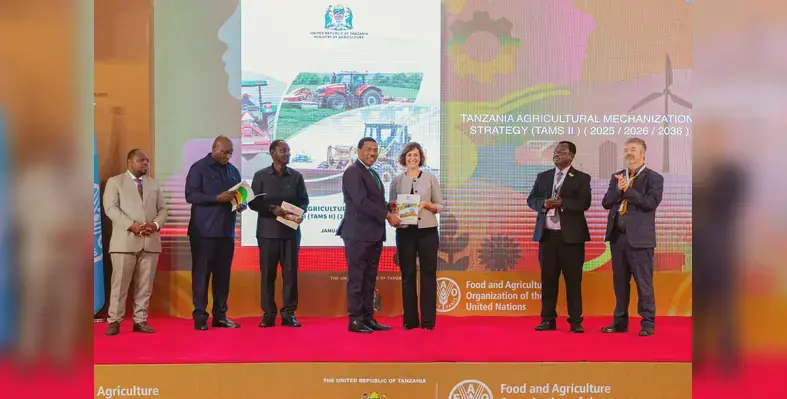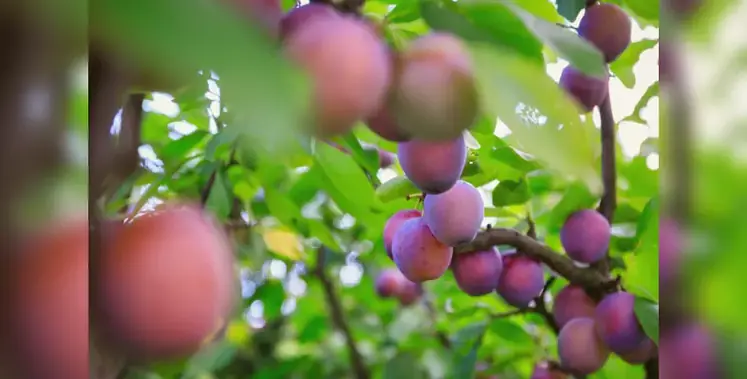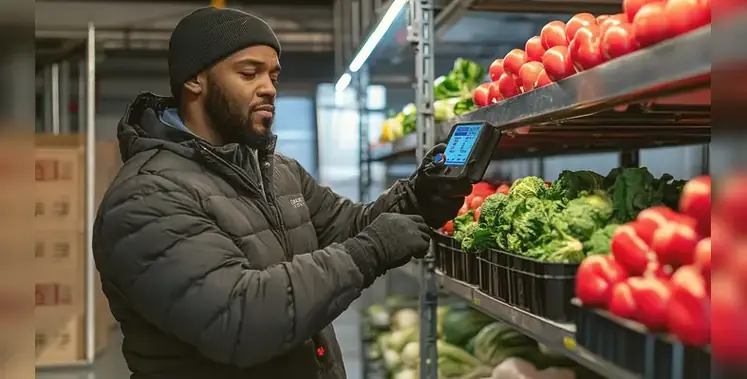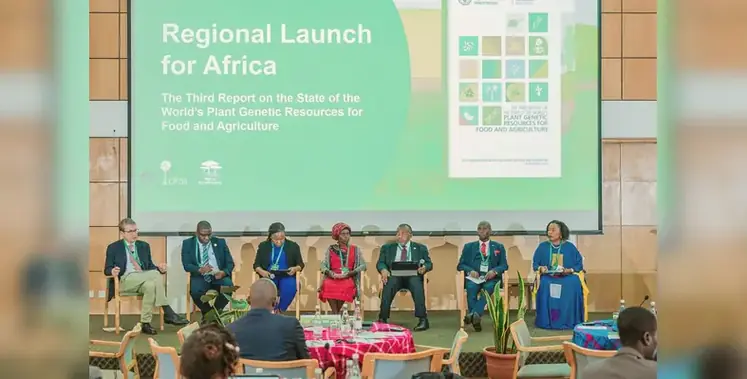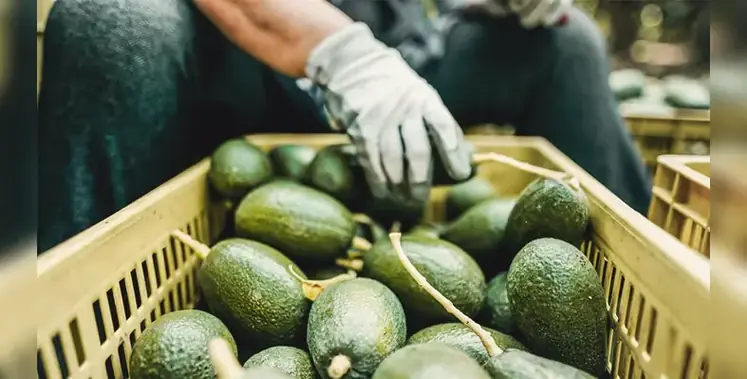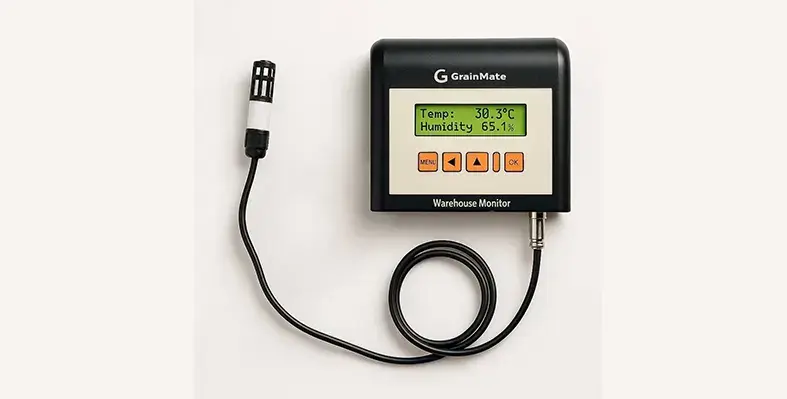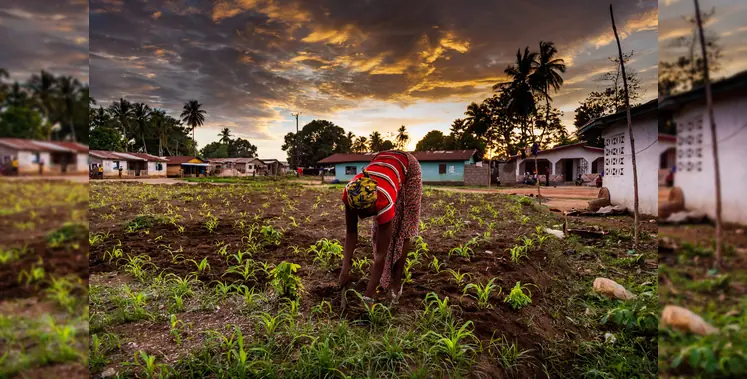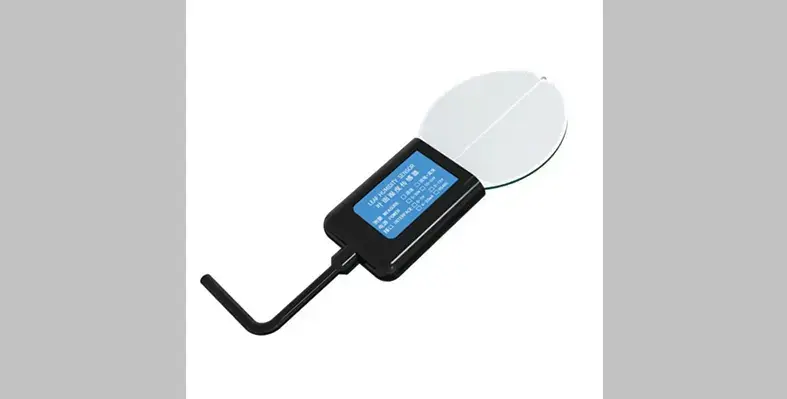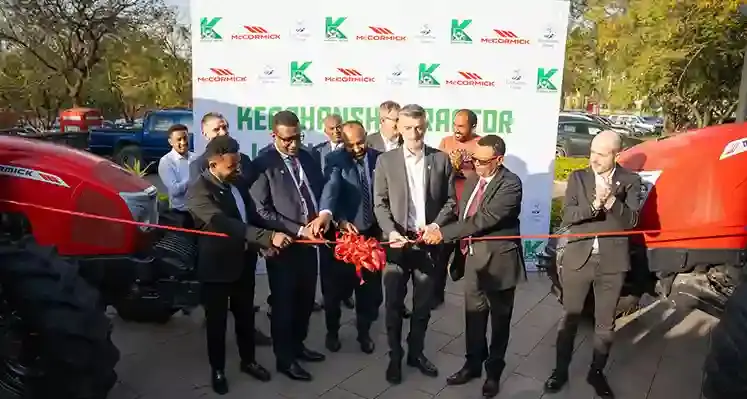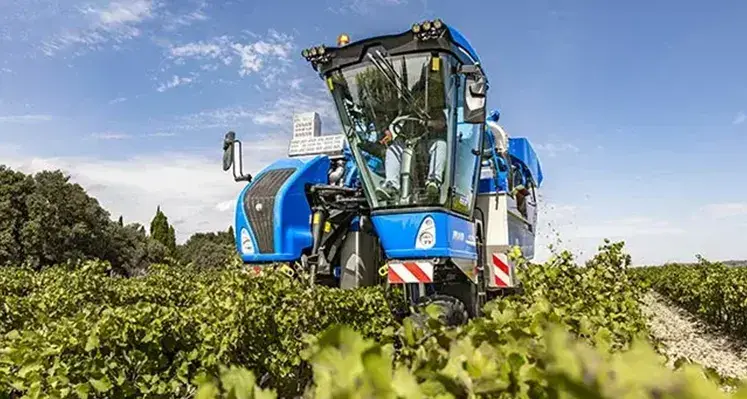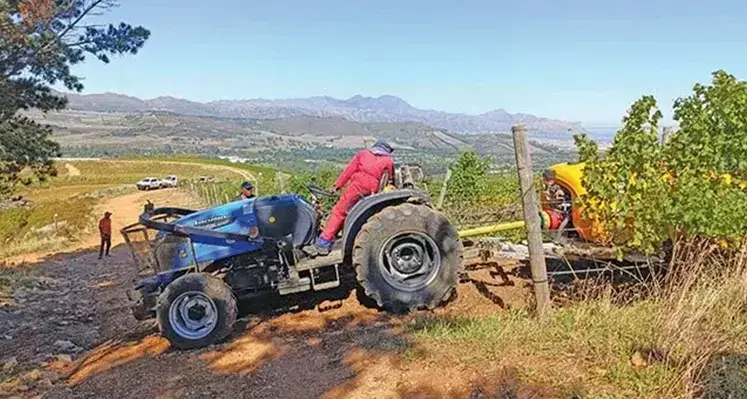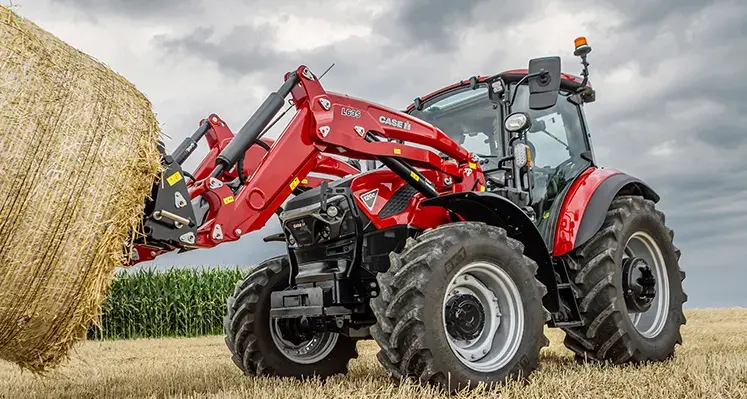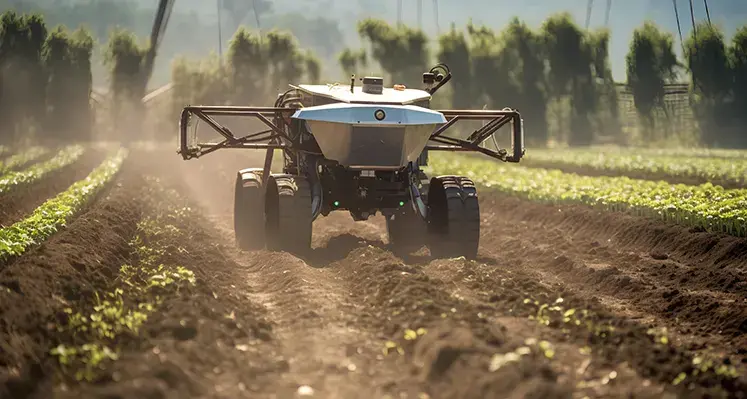In The Spotlight
African Small Island Developing States are stepping forward with renewed ambition to reshape their agrifood systems, strengthen climate resilience and unlock the promise of the blue economy.
From 3 to 5 March 2026, under the theme “Big Ocean States leading the wave of agrifood systems transformation.”, the Food and Agriculture Organization of the United Nations will host the African SIDS Solutions and Investment Forum 2026.
The gathering will bring together ministers, parliamentarians, regional institutions, investors, private sector leaders and research bodies to mobilise partnerships and finance for sustainable growth across Cabo Verde, Comoros, Guinea-Bissau, Mauritius, São Tomé & Príncipe and Seychelles.
African island states face distinct pressures. Their distance from major markets drives dependence on imported food and raises transport and energy costs. Fragile ecosystems are increasingly exposed to rising sea levels, erratic rainfall and powerful storms. Global disruptions in trade, health and geopolitics have added further strain. Yet these nations are also centres of creativity and opportunity. Fisheries, aquaculture, tourism, youth enterprise and digital innovation all offer room for resilient growth.
The Forum will launch a new Ministerial and Parliamentarian Network for African SIDS and present the second phase of the Regional Hand in Hand Investment Initiative. It will also showcase solutions shaped by the Interregional Technical Network. The aim is clear: strengthen cooperation, improve the design of climate smart agrifood and blue economy investments, and attract public and private capital.
Built on detailed technical analysis and wide consultation, the FAO African SIDS Programme focuses on governance, sustainable agrifood systems, blue transformation, stronger value chains, empowerment of women and young people, and innovation. These priorities align with global and African development agendas while reflecting growing regional political momentum.
By connecting credible projects with investors and decision makers, the 2026 Forum seeks to turn evidence into action and ensure that Africa’s island states lead their own sustainable transformation.
North of Lusaka, along the busy Great North Road, lies Kapiri Mposhi, a farming town blessed with good rainfall and fertile land. Here, maize, wheat, soya beans and tomatoes thrive.
In recent years, farmers in this region have embraced a new way of accessing support from the government through the Farmer Input Support Programme e voucher system.
For many, the change has been life changing. Headwoman Teupula remembers the long journeys she once made to collect farming inputs. Travelling meant extra costs for transport, food and sometimes accommodation. Today, she can buy fertiliser and seed from nearby agro dealers. With more options available, her yields have improved and farming has become less stressful.
For over a decade, Zambia supported farmers through a direct supply model. Under that system, farmers received fixed packs of fertiliser and seed, often unsuitable for their soil. The focus on maize limited choice and, over time, contributed to soil exhaustion. When the country faced a severe drought during the 2023 to 2024 season, many smallholders struggled to cope. The subsidy programme was also placing heavy pressure on public finances.
The e voucher system was first introduced in 17 districts in the 2023 to 2024 farming season, reaching 220,000 farmers. It expanded rapidly to 74 districts in 2024 to 2025, serving around 740,000 farmers. By the 2025 to 2026 season, it is expected to cover all districts and benefit more than one million farmers.
The process is simple. Farmers make a small deposit at a bank, receive confirmation by text message, and use a code to buy inputs from registered agro dealers. According to an independent survey by Kivu International, most farmers report better yields and appreciate the transparency of mobile money systems.
Zacchaeus Saleh Mwale shared his experience: “We are close to one hundred bags. We have food security, and we are able to support our grandchildren.”
Sergiy Zorya of the World Bank Group explained, “This new approach can create markets, generate jobs, diversify crops, and improve nutrition.”
By encouraging private sector participation and giving farmers real choice, Zambia is building a more resilient and productive agricultural future.
Ntungamo District, a district in Western Uganda is facing mounting pressure as a fast moving outbreak of Foot and Mouth Disease continues to disrupt livestock trade and strain relations between farmers and veterinary officials.
The disease, which was first detected in Nyakyera Sub county after animals were brought in from unknown sources, has lingered for nearly two months.
In a swift response, the district halted cattle markets and installed quarantine checkpoints to limit further spread. According to Dr Yake Basulira, the district veterinary officer, emergency measures were introduced as soon as the outbreak was confirmed.
“We had a challenge of Foot and Mouth Disease starting with Nyakyera area due to inflow of animals from unknown sources. We came in as a task team and set up FMD task teams,” he explained.
A District Task Team later met stakeholders in January, 2026, in Nyakyera and Rubare to agree on stricter controls, including market closures and a vaccination drive.
Foot and Mouth Disease affects animals with split hooves including cattle, goats, sheep and pigs. It spreads quickly through direct contact, infected equipment and the movement of livestock.
Despite the government supplying what officials describe as enough vaccines for the entire district herd, progress has been uneven. “The vaccination campaign programs have continued, however with setbacks. These setbacks are attached to farmers not bringing all their animals for vaccination yet requesting to know where the disease is,” Dr Basulira said.
“The government has given us massive amounts of vaccine which can contain the animals of Ntungamo. If all farmers would bring all their animals in time, we would ably push out this FMD out of Ntungamo, and operations of markets would be normal.”
Tensions are rising in Itojo where some large scale farmers have resisted the exercise. “In Itojo some people have over 200 animals but have failed to vaccinate yet they are threatening the district veterinary officer. There must be penalties,” warned Denis Savimbi.
Officials insist enforcement will follow. “The farmer who doesn't want to bring his animals for vaccination is handled by those penalties. Dear farmers, let’s comply so that you know how to manage it before you are put in prison for the sake of your animals,” Dr Basulira cautioned.
Beyond animal health, the economic impact is clear. Bernard Ahabwe noted, “FMD has killed our cows and affected the district in terms of resource mobilization. The markets are not functioning, we are not collecting local revenue.”
Chief Administrative Officer Fildeus Kizza added, “Much as some farmers could be selling from their homes and they don’t bring their animals to markets, definitely we cannot collect money like market dues. There must be some sort of decline in terms of revenue collection. We might lose revenue but we are protecting income for the farmer.”
For Ntungamo, the task now is to restore order, protect livelihoods and bring the outbreak under control before losses deepen further.
Addis Ababa, Ethiopia
African Small Island Developing States are stepping forward with renewed ambition to reshape their agrifood systems, strengthen climate resilience and unlock the promise of the blue economy.
From 3 to 5 March 2026, under the theme “Big Ocean States leading the wave of agrifood systems transformation.”, the Food and Agriculture Organization of the United Nations will host the African SIDS Solutions and Investment Forum 2026.
The gathering will bring together ministers, parliamentarians, regional institutions, investors, private sector leaders and research bodies to mobilise partnerships and finance for sustainable growth across Cabo Verde, Comoros, Guinea-Bissau, Mauritius, São Tomé & Príncipe and Seychelles.
African island states face distinct pressures. Their distance from major markets drives dependence on imported food and raises transport and energy costs. Fragile ecosystems are increasingly exposed to rising sea levels, erratic rainfall and powerful storms. Global disruptions in trade, health and geopolitics have added further strain. Yet these nations are also centres of creativity and opportunity. Fisheries, aquaculture, tourism, youth enterprise and digital innovation all offer room for resilient growth.
The Forum will launch a new Ministerial and Parliamentarian Network for African SIDS and present the second phase of the Regional Hand in Hand Investment Initiative. It will also showcase solutions shaped by the Interregional Technical Network. The aim is clear: strengthen cooperation, improve the design of climate smart agrifood and blue economy investments, and attract public and private capital.
Built on detailed technical analysis and wide consultation, the FAO African SIDS Programme focuses on governance, sustainable agrifood systems, blue transformation, stronger value chains, empowerment of women and young people, and innovation. These priorities align with global and African development agendas while reflecting growing regional political momentum.
By connecting credible projects with investors and decision makers, the 2026 Forum seeks to turn evidence into action and ensure that Africa’s island states lead their own sustainable transformation.
Feed transitions are often underestimated on the farm, yet few decisions carry as much weight when it comes to how well a flock performs at the end of the cycle.
From the moment chicks arrive to the point they reach processing weight, broilers move through several distinct feed phases, each with its own nutritional profile and physical form. Managing these shifts well is what separates a high-performing flock from one that struggles to hit its targets.
As birds grow, their diet moves through starter, grower and finisher specifications, and with each change comes an adjustment in feed texture too, progressing from mash through to crumb and eventually pellet. These are not minor tweaks. Each phase is designed to match the bird's changing biological needs, and any disruption to that process can set the flock back in ways that are hard to undo.
The changeover from starter to grower feed tends to be the trickiest. It brings both a nutritional shift and a change in feed form at the same time. Offering the first batch of grower feed as a crumb or mini pellet rather than a full-sized pellet makes the adjustment far easier for the birds. When this step is skipped, intake tends to drop, growth slows and uniformity across the flock takes a hit.
The simplest and most effective way to handle any transition is to blend the outgoing feed with the incoming one, layering the new on top of the old so birds ease into the change naturally rather than encountering it all at once.
Done properly, feed transition management keeps intake steady, limits wasteful flicking behaviour, protects carcass quality and supports consistent flock health throughout the cycle. These are not just welfare considerations. They translate directly into better returns for the producer.
Planning feed transitions carefully is not optional. It is fundamental to running a productive, profitable broiler operation.
North of Lusaka, along the busy Great North Road, lies Kapiri Mposhi, a farming town blessed with good rainfall and fertile land. Here, maize, wheat, soya beans and tomatoes thrive.
In recent years, farmers in this region have embraced a new way of accessing support from the government through the Farmer Input Support Programme e voucher system.
For many, the change has been life changing. Headwoman Teupula remembers the long journeys she once made to collect farming inputs. Travelling meant extra costs for transport, food and sometimes accommodation. Today, she can buy fertiliser and seed from nearby agro dealers. With more options available, her yields have improved and farming has become less stressful.
For over a decade, Zambia supported farmers through a direct supply model. Under that system, farmers received fixed packs of fertiliser and seed, often unsuitable for their soil. The focus on maize limited choice and, over time, contributed to soil exhaustion. When the country faced a severe drought during the 2023 to 2024 season, many smallholders struggled to cope. The subsidy programme was also placing heavy pressure on public finances.
The e voucher system was first introduced in 17 districts in the 2023 to 2024 farming season, reaching 220,000 farmers. It expanded rapidly to 74 districts in 2024 to 2025, serving around 740,000 farmers. By the 2025 to 2026 season, it is expected to cover all districts and benefit more than one million farmers.
The process is simple. Farmers make a small deposit at a bank, receive confirmation by text message, and use a code to buy inputs from registered agro dealers. According to an independent survey by Kivu International, most farmers report better yields and appreciate the transparency of mobile money systems.
Zacchaeus Saleh Mwale shared his experience: “We are close to one hundred bags. We have food security, and we are able to support our grandchildren.”
Sergiy Zorya of the World Bank Group explained, “This new approach can create markets, generate jobs, diversify crops, and improve nutrition.”
By encouraging private sector participation and giving farmers real choice, Zambia is building a more resilient and productive agricultural future.
Global agriculture continues to expand, yet the agricultural machinery market is navigating a period of turbulence.
Economic uncertainty, geopolitical tensions and shifting trade policies are reshaping where and how farm equipment is bought and sold. This evolving landscape was outlined during the press conference launching the 47th edition of EIMA International, the world’s leading exhibition for agricultural technologies, set to take place in Bologna from 10 to 14 November.
Mariateresa Maschio, FederUnacoma President, said, “Protectionist policies in some countries, economic sanctions, interference with trade routes, and tariff wars have led to market fragmentation and a sharp slowdown in trade which is weighing on the performance of the agromechanical sector.”
Traditional markets are feeling the strain. The United States recorded a 10 percent fall in tractor sales in 2025, while Germany, France and the United Kingdom also posted double digit declines. In contrast, southern Europe is showing renewed momentum. Italy and Spain both closed the year with strong growth, signalling cautious optimism within the European agricultural machinery industry.
India remains the standout performer. With tractor sales exceeding 1.1 million units, the country continues to dominate the global market. According to Maschio, this growth reflects deeper structural demand rather than a short term spike. “Over the past fifteen years, output in the primary sector has grown significantly,” said Mariateresa Maschio, “but to meet the needs of the world’s population it will have to grow by a further 14% by 2034, especially in India and in those countries of North Africa, Sub-Saharan Africa, and the Middle East that are experiencing the highest demographic growth.”
A new geography of agricultural production is emerging, driven by mechanisation, digital farming solutions and expanding demand in Asia, Africa and Latin America. Chinese manufacturers are rapidly increasing their presence across these regions and even gaining ground in Europe.
“In the coming years we will have a highly segmented agromechanical sector, with low-cost basic technologies alongside highly advanced technologies for complex operations,” added Mariateresa Maschio, underlining the importance of innovation, policy support and international cooperation as the sector looks ahead.




